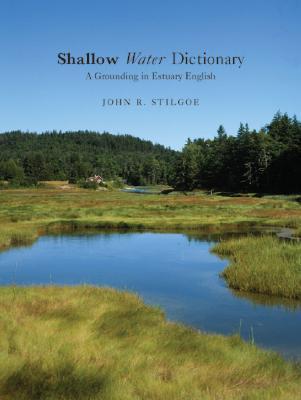What do you think?
Rate this book


48 pages, Hardcover
First published September 28, 1990
Tides regularly overflow the marshes, turning the whole place into a vast expanse of sea, Interrupted only by sea-marks and occasional islands. Actual sea-greens lie just barely inland, just beyond the innermost wrack-lines, just beyond the last clumps of beach rose and the perfumeless sea lavender. There, in spring tides and hurricanes, the ocean intrudes, its seasonal swampings creating and maintaining odd wetland ecosystems. If the greenhouse effect proves true and the ocean level rises, then politicians, highway engineers, biologists, real-estate developers, and others will pay much attention to the sea-greens becoming saltmarsh. But who will speak of sea-greens by name?
[43]